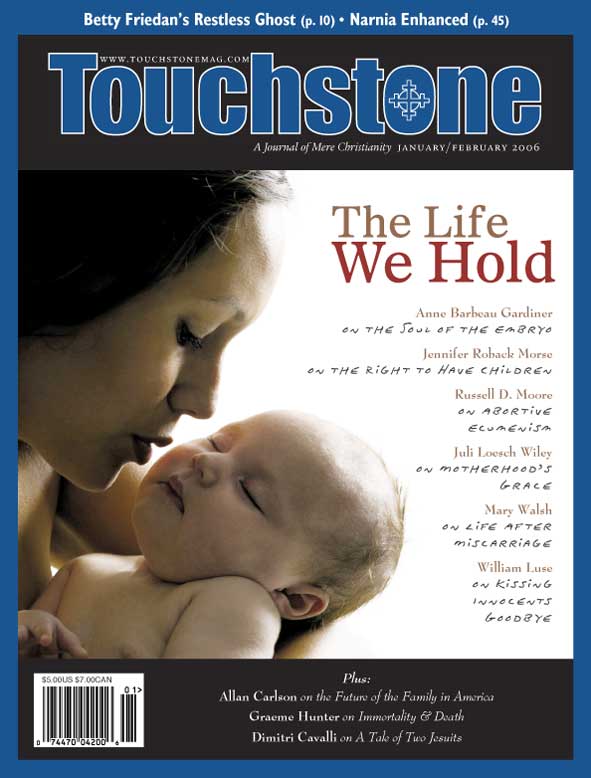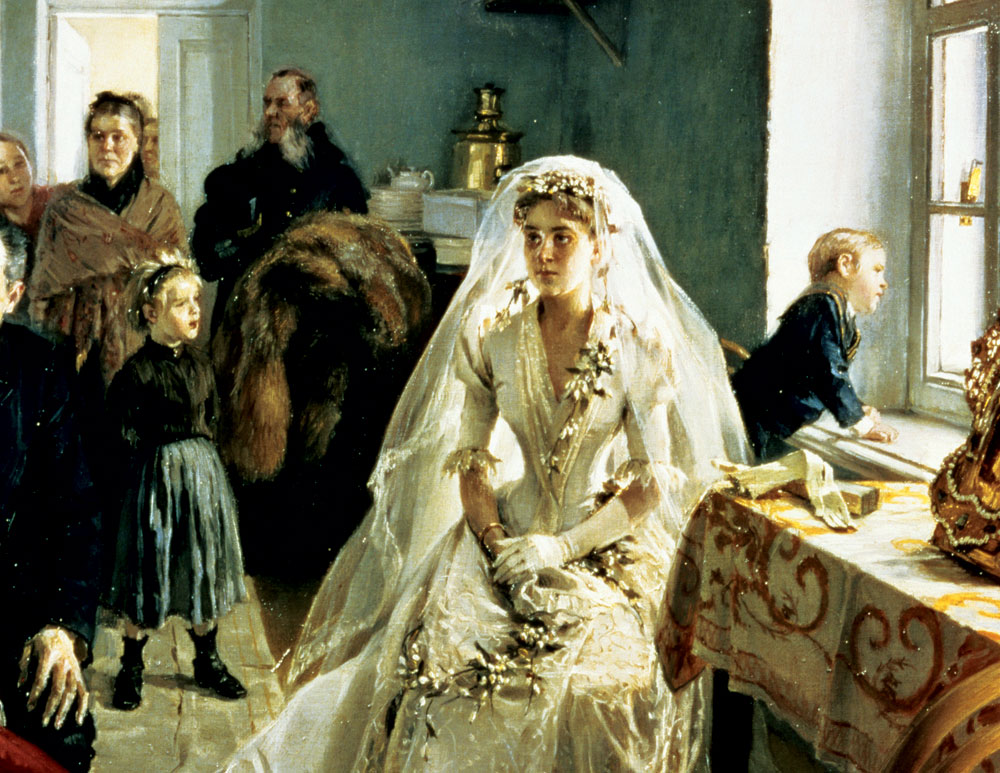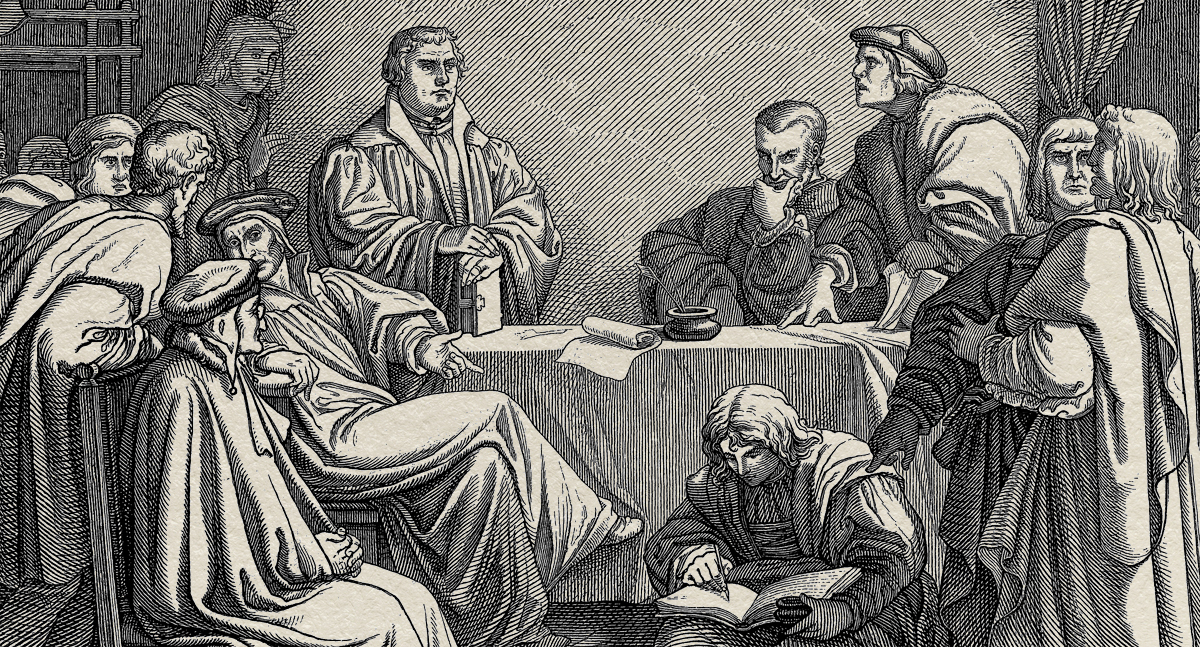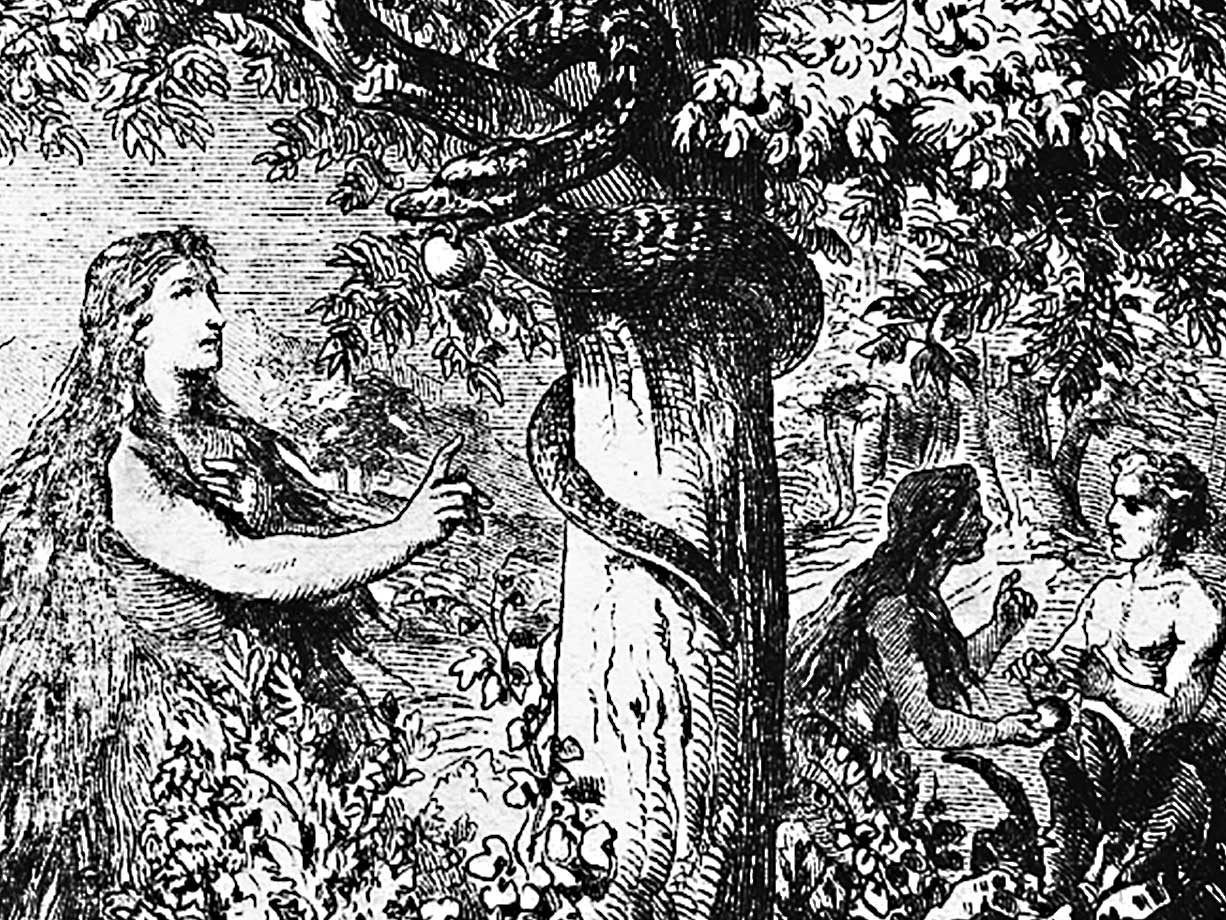The Family Factors
Six Lessons from History About the Future of Marriage & Family in the United States by Allan Carlson
For three decades now, I have tried to explore and explain the historical context for our contemporary “family crisis,” our “war over the family,” our “culture war.” Here I will present what I see as six lessons to be learned from this history, and with an eye to the future.
Permanent Issues
Lesson One: The family issues never change. Or at least they haven’t changed for over two centuries, since the Industrial Revolution began. Take, for example, this peculiar story:
Jack was sitting before the hearth fire, darning his working’s wife’s sock. A tear lay in his eye. ‘No,’ the wretched man said in a thick Yorkshire accent, ‘there is plenty of Wark for Wemen and Bairns [children] in this quarter but very Little for men—thou may as well go try to finde a hondred pounds, as go to find wark abouts heare—but I hed not ment neather thee nor eneyone els to have seen me manding t’wife’s stockings, for it’s a poar job.’
The poor man “wiped away the tear,” the story continues.
‘I do not [k]now what is to become of us,’ he whimpered, ‘for she as been t’man now for a long time, and me t’woman—it is hard wark.’ When he had married, Jack said, he held a fine job and the couple ‘gat on very well—we got a firnished Home. . . . I could wark for us boath. But now t’world is turned upside down. Mary has to turn out to wark and I have to stop at home to mind Bairns—and to Wash and Clean—Bake and mend.’ At that point, Jack lost control and wept violently declaring over and again his wish that he had never been born.
Who wrote this lament about sex roles turned upside down? Was it some early version of Beverly LaHaye? Or perhaps an ancestor of Phyllis Schlafly? No, it was the proto-Communist Friedrich Engels, in his 1844 book, The Condition of the Working Class in England, a powerful indictment of industrial capitalism’s social effects.
Indeed, we can see the non-Marxist labor movement of the nineteenth and early twentieth centuries as seeking, in large part, to rebuild traditional family life within a world torn asunder by the industrial principle, a principle that dictated the radical separation of work and home. The labor movement’s central strategy was to secure a “family wage.” This meant that the industrial sector could have one, but only one, family member: the father.
Pope Leo XIII’s Rerum Novarum in 1891 implied the necessity of a “family wage.” A more forceful articulation came from an American priest, Father John Ryan, in 1916 in a book called Distributive Justice: “The laborer has a right to a family Living Wage because this is the only way in which he can exercise his right to the means of maintaining a family, and he has a right to these means because they are an essential condition of normal life.”
Pope Pius XI directly endorsed the family wage idea in 1931 in Quadragesimo Anno. In a long commentary on this document, the Jesuit author Oswald von Nell-Brenning emphasized the radical consequences of the “family wage”:
Allan C. Carlson is the John Howard Distinguished Senior Fellow at the International Organization for the Family. His most recent book is Family Cycles: Strength, Decline & Renewal in American Domestic Life, 1630-2000 (Transaction, 2016). He and his wife have four grown children and nine grandchildren. A "cradle Lutheran," he worships in a congregation of the Lutheran Church-Missouri Synod. He is a senior editor for Touchstone.
bulk subscriptions
Order Touchstone subscriptions in bulk and save $10 per sub! Each subscription includes 6 issues of Touchstone plus full online access to touchstonemag.com—including archives, videos, and pdf downloads of recent issues for only $29.95 each! Great for churches or study groups.
Transactions will be processed on a secure server.
more on family from the online archives

33.2—March/April 2020
Christian Pro-Family Governments?
Old & New Lessons from Europe by Allan C. Carlson
more from the online archives

28.2—March/April 2015
Man, Woman & the Mystery of Christ
An Evangelical Protestant Perspective by Russell D. Moore
calling all readers
Please Donate
"There are magazines worth reading but few worth saving . . . Touchstone is just such a magazine."
—Alice von Hildebrand"Here we do not concede one square millimeter of territory to falsehood, folly, contemporary sentimentality, or fashion. We speak the truth, and let God be our judge. . . . Touchstone is the one committedly Christian conservative journal."
Support Touchstone
—Anthony Esolen, Touchstone senior editor













